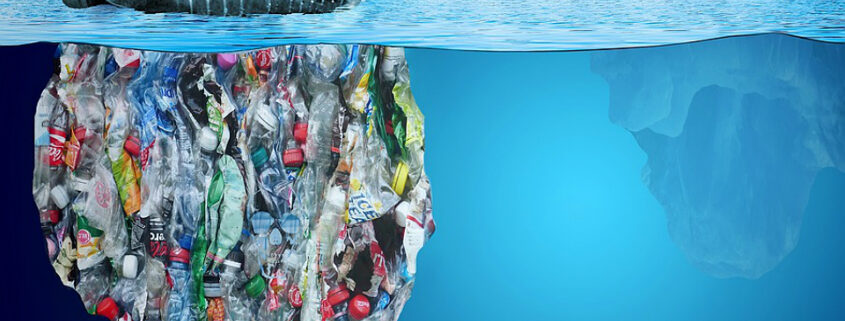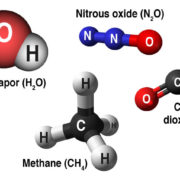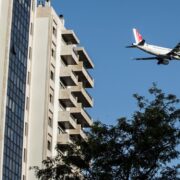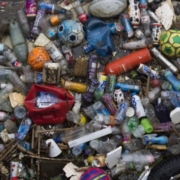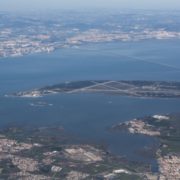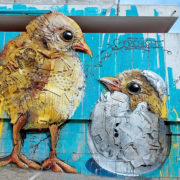Bottled
‘Bottled water is a shame’
Portuguese are champions in the consumption of bottled water with 140 liters per person per year. That is 14 times more than the Swedes, 5 times more than the Dutch, and 3 times more than the British. Bottled water is not only very expensive, but plastic bottles also mean a huge burden on the environment.

Tap water in Portugal is safe, just like in most EU countries. According to Science Alert ‘water from the tap or water from the bottle are virtually identical for most people as far as their health is concerned. The bottled water industry, however, is driven by health concerns regarding drinking water.
Bottled water costs on average 300 times more than tap water. The first documented case of bottled water being sold was at a time public water was not safe to drink. It was in Boston USA in the 1760s when a company called Jackson Spa sold mineral water for therapeutic use.

The bottling and selling of water are one of the most lucrative ideas in retail marketing. The bottled water industry has worldwide an increasing market of over $20 billion per year and the rate at which it expands is around 10% per year.
More than half of the time these companies are using local ‘tap’ water, filtering it with standard techniques, and selling it at inflated prices. They are making billions of profits, whereas you can get the product out of your tap virtually for free.

Plastic bottles are made from by-products of crude oil.
Unlike other plastic materials that are reused over time – in Europe circa 30% of plastic is recycled – plastic bottles are typically used once and then disposed of.
Add this to the cost of transporting vast quantities of bottled water around the country, if not across Europe, and you will understand that we are not only contributing to global warming but also being deliberately wasteful.

Over 13 million tons of plastic – a truckload every minute – are annually dumped in our oceans and plastic makes up 85% of marine litter and waste found on our beaches.

The plastic soup in the meantime has reached a size equivalent to 17 times the surface of Portugal and microplastics are not only killing fish but also invading our bodies through the food chain.
Nevertheless, the production of plastic is still on the increase.
Enjoy the week Boa semana (pic Púlico/Sapo)

